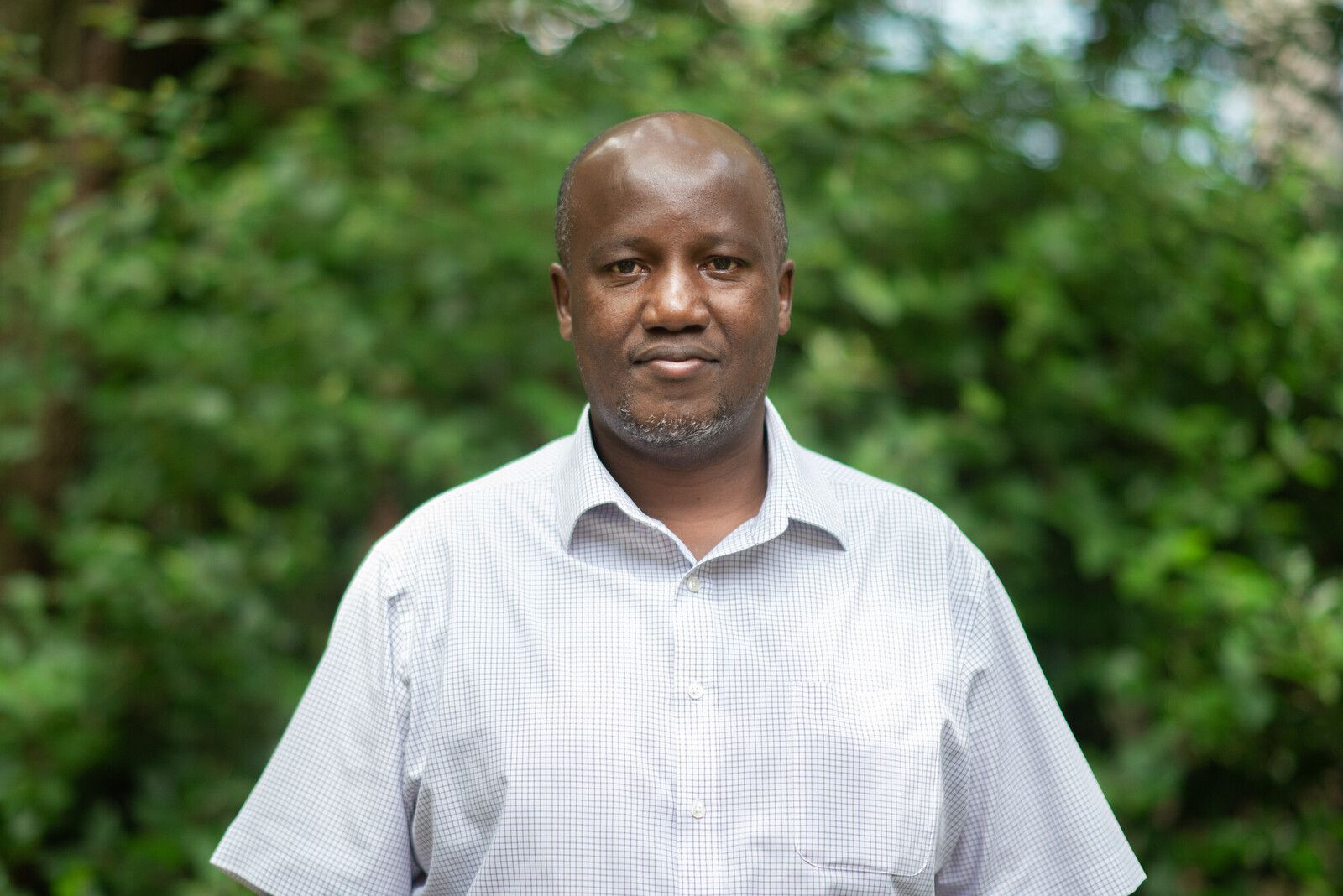
Photo: Nathaniel Doubleday / AFSC
Q: AFSC and the All-Africa Conference of Churches recently launched the Salama Hub in Addis Ababa, Ethiopia. Could you tell us more about it?
A: The Salama Hub brings together civil society organizations and individuals to research and advocate on issues that affect peace and stability in the Horn of Africa. The region includes Somalia, Djibouti, Eritrea, South Sudan, Sudan, Uganda, Kenya, and Ethiopia, which face a range of issues. These issues include war and other conflicts, extreme poverty, drought, and famine.
One of the challenges to peacebuilding in the region is the lack of capacity of civil society organizations (CSOs). Most CSOs are primed for providing aid and services—not engaging in advocacy to address conflict. We’re also seeing more government restrictions on civil society that limit their ability to facilitate peace. The Salama Hub was created to strengthen the capacity of CSOs and help them organize to change policies and structures.
Q: Can you talk about the role of research in the Salama Hub’s work?
A: A major component of our efforts is to commission African researchers to conduct studies that will help us influence policymakers. Studies on Africa are usually done by Western researchers or others outside of the region. We often see how bias, ignorance, and misunderstandings can affect that research.
By using African researchers, we are working to decolonize the process of research. Our research must be grounded in communities. It will involve partnerships with local universities and academic institutions. We want to make sure we have genuine evidence and perspectives from the region so we can address the root causes of conflicts.
Q: What are some of the things that the Salama Hub has done since it opened?
A: As of January 2023, we have brought together a total of 50 CSOs that are now part of this consortium. We have also opened a renovated diplomatic space in Addis Ababa where CSOs can hold sensitive conversations with government officials, diplomats, and others.
We have formed working groups on priority issues. These issues include exploring how climate change affects peace in the region and engaging more women to help mediate conflicts. We’re also looking at how to address tensions among pastoralist communities, which are herding communities that are semi-nomadic.
Our goal is to support organizations in advocacy efforts beyond local governments. That will include addressing issues at the European Union and United Nations, and with the U.S. government and African Union.
At the end of day, the Salama Hub is about transforming lives in this part of world. If this program is a success, it could change how the Horn of Africa responds to and prevents conflict.